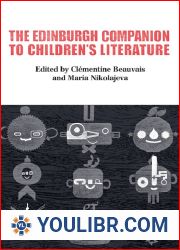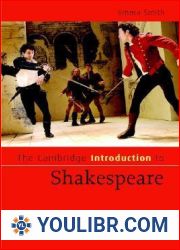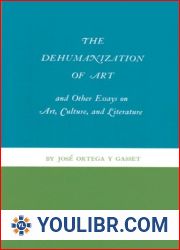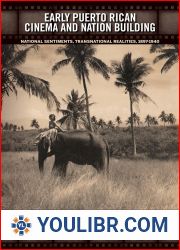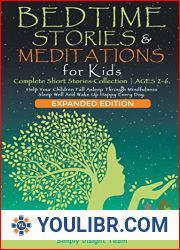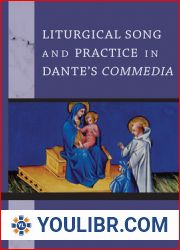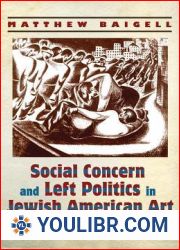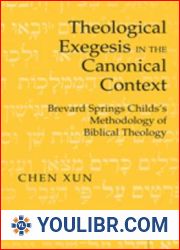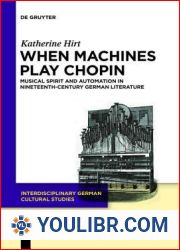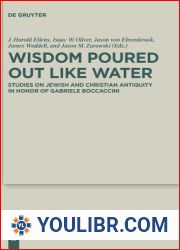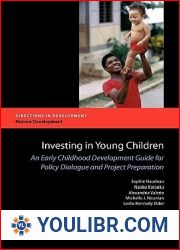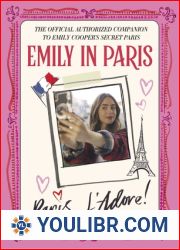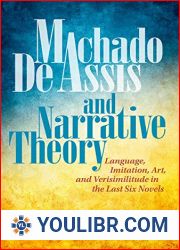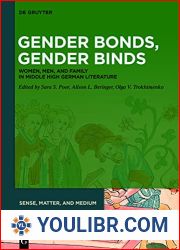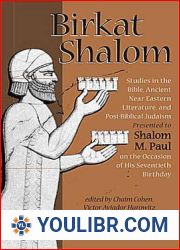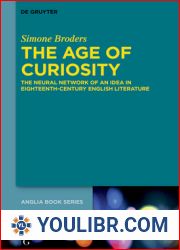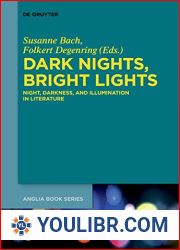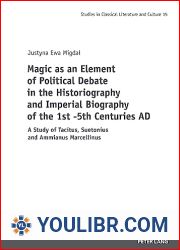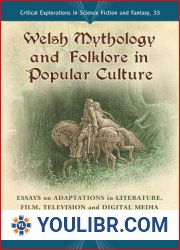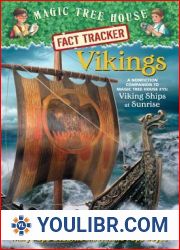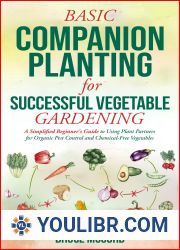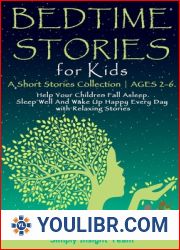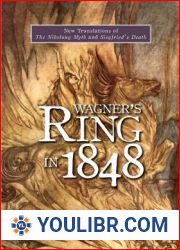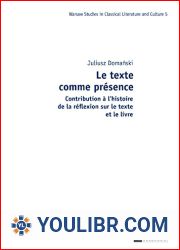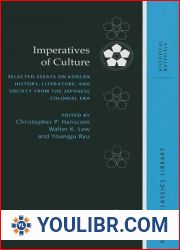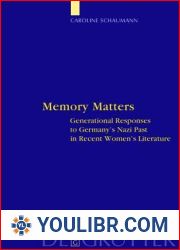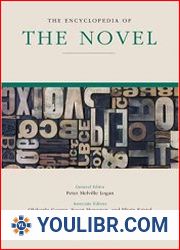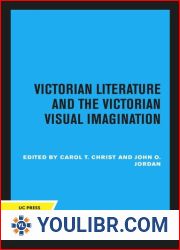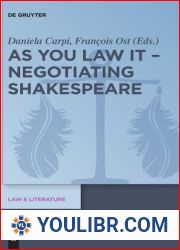
BOOKS - The Edinburgh Companion to Children's Literature (Edinburgh Companions to Lit...

The Edinburgh Companion to Children's Literature (Edinburgh Companions to Literature and the Humanities)
Author: Clementine Beauvais
Year: October 1, 2017
Format: PDF
File size: PDF 4.1 MB
Language: English
Year: October 1, 2017
Format: PDF
File size: PDF 4.1 MB
Language: English
Time has passed since 'having a PhD in children's literature' was a funny joke in You've Got Mail. Children's literature research is now one of the most dynamic fields of literary criticism and of education, and has a bright future ahead - as children's writers and publishers invent yet more forms of literature for young people, and researchers find yet more sophisticated ways of exploring them. This collection takes informed and scholarly readers to the utmost frontier of children's literature criticism, from the intricate worlds of children's poetry, picturebooks and video games to the new theoretical constellations of critical plant studies, non-fiction studies and big data analyses of literature.Introduction, Maria Nikolajeva and Clementine BeauvaisPart I: Contemporary directions in children's literature scholarship1. Teaching the conflicts: Diverse responses to diverse children's books, Karen Coats2. Posthumanism: Rethinking 'the human' in modern children's literature, Victoria Flanagan3. Animal studies, Zoe Jaques4. Spatiality in fantasy for children, Jane Carroll5. A question of scale: Zooming out and zooming in on feminist ecocriticism, Alice Curry6. Age studies and children's literature, Vanessa Joosen7. Carnality in adolescent literature, Lydia Kokkola8. Cognitive narratology and adolescent fiction, Roberta Seelinger Trites9. Empirical approaches to place and the construction of adolescent identities, Erin Spring10. Picturebooks and situated readers: The intersections of text, image, culture and response, Evelyn Arizpe11. Re-memorying: A new phenomenological methodology in children's literature studies, Alison WallerPart II: Contemporary trends in children's and young adult literature12. Canons and canonicity, Anja Muller13. Seriality in children's literature, Bettina Kummerling-Meibauer14. Counterfactual historical fiction for children and young adults, Catherine Butler15. Pattern, texture and print: New technology, old aesthetic in contemporary picturebook-making, Martin Salisbury16. Telling stories in different formats: New directions in digital stories for children, Junko Yokota17. Multimodality and multiliteracies: Production and reception, Margaret Mackey18. Serendipity, independent publishing and translation flow: Recent translations for children in the UK, Gillian Lathey19. The picturebook in instructed foreign language learning contexts, Sandie MouraoPart III: Unmapped territories20. Next of kin: 'The child' and 'the adult' in children's literature theory today and tomorrow, Clementine Beauvais21. Critical plant studies and children's literature, Lydia Kokkola22. Health, sickness and literature for children, Jean Webb23. Evolutionary criticism and children's literature, Maria Nikolajeva24. The genetic study of children's literature, Vanessa Joosen25. Distant reading and thin description, Eugene Giddens26. Hogwarts versus Svalbard: Cultures, literacies and game adaptations of children's literature, Andrew Burn27. Hybrid novels for children and young adults, Eve Tandoi, 28. Cyberspace and story: The impact of digital media on printed children's books, Victoria Flanagan.







